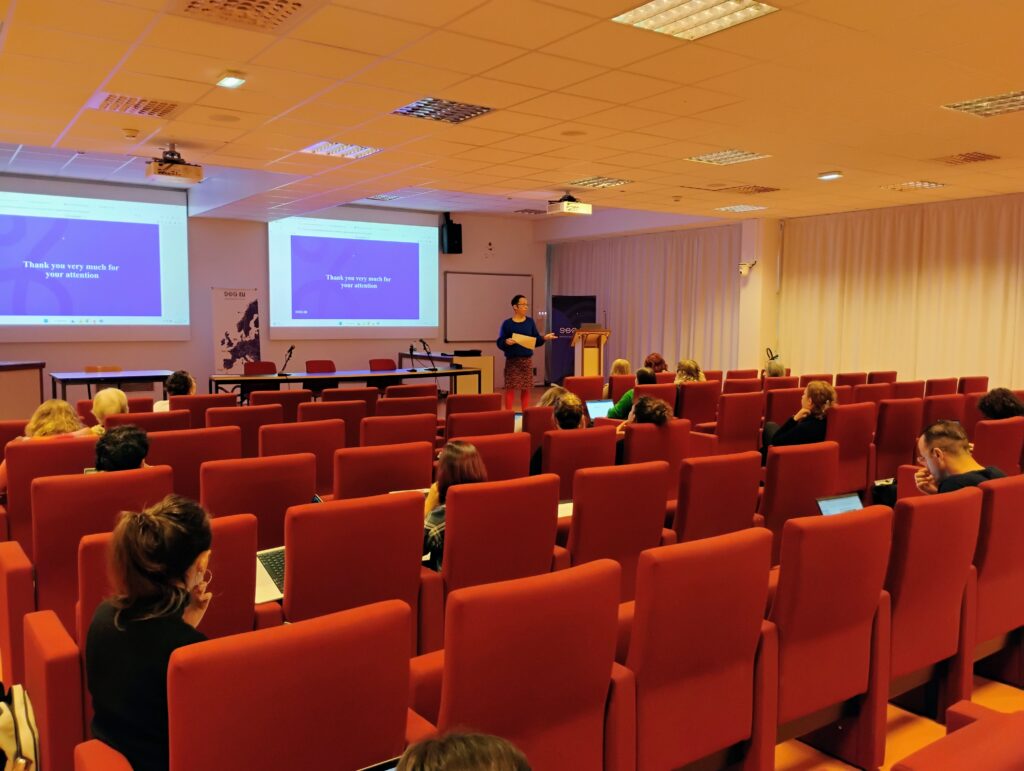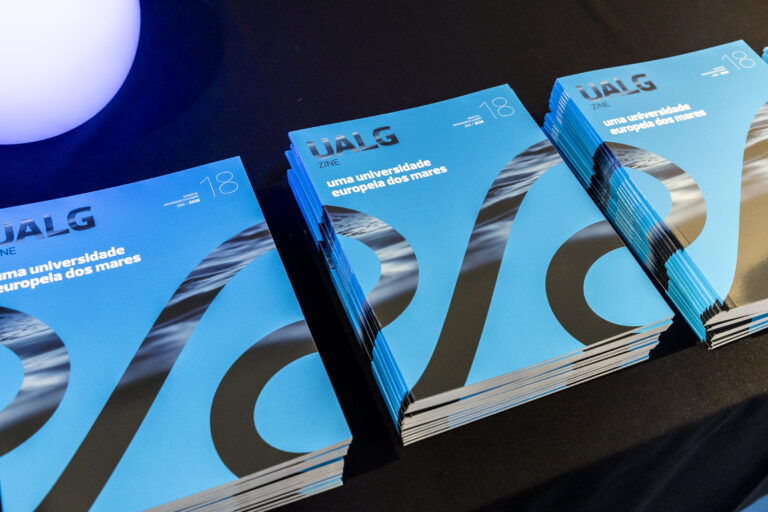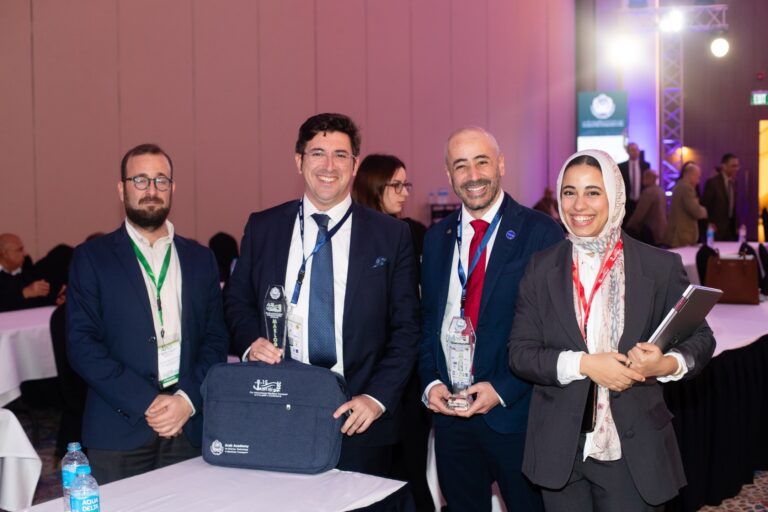Diversity is at the heart of SEA-EU values. In the University of Brest, Diversity Commissioner Sabria-Marie Belhadj-Tahar works in UBO to offer a specific support package to students. Its missions of helping with administrative procedures, ensuring that the university’s buildings are accessible, raising awareness within the university community, this position is at the center of the development to improve the environment for people with disabilities.
Nathalie Narvaez, teacher in gender studies, collaborates with colleagues from university across the SEA-EU Alliance, working to raise awareness and act to improve campuses.
Sabria, what is your role in UBO, what does your work at intail for inclusion problematics?
Sabria: I’m responsible for supporting students with special needs, in a team of three persons. My role is to welcome and support our students with disabilities to accomodate their studies so they can pursue it as well as possible despite a particular medical situation.
I also work alongside my colleagues to raise awareness about disability, improve accessibility, and address various topics related to inclusion. This involves organizing training sessions for staff and students, collaborating with the training departments of UBO to ensure accessible learning environments, and advocating for accommodations that support the diverse needs of our students. Our goal is to create a more inclusive and supportive environment for all students at the university.
What projects are being carried out at UBO to facilitate inclusion?
Sabria: The University of Brest is committed to supporting students with neurodevelopmental disorders (NDD) and notably signed the Atypie Friendly charter in 2023. Atypie Friendly is a national program aimed at making higher education accessible to young people with NDD (ASD, dys disorders, ADHD, etc.).
In 2024, our university was also selected by the French Ministry of Higher Education to contribute to the “Demonstrator Inclusive Universities” project (2024 – 2026).
The funding obtained for this project will be used to develop inclusive pedagogy and enable our students to fully participate in campus life (sports and cultural activities, well-being, etc.). These discussions will be carried out in collaboration with a group of students with disabilities, who will be able to share their feedback and suggestions.
You recently took part in an international staff week on campus inclusion. What did this staff week bring you for your role at UBO?
Sabria: Getting feedback from our European partners has been very instructive: gaining a better understanding of the progress of each university regarding inclusion, better understanding each other’s organization, and simply meeting colleagues involved in building a more inclusive European network will, I am convinced, allow us to move forward more effectively in fostering an increasingly accessible study environment for as many people as possible.
Nathalie, compared to your first career in Spanish-language studies, how did you come to teach about gender?
Nathalie: Above all, I should say that Spanish-language studies is not my first career. I began my university studies by a Spanish bachelor degree (4 years) in English linguistics and literature at the university of Cádiz and I did the training to be an English teacher at secondary school in Spain. I got also another Bachelor’s degree in French linguistics and literature and I started my professional life as a French teacher in a bilingual school (English-Spanish) in Spain, at The English Center School in Puerto de Santa María.
That was at the end of the 20th century and the beginning of the 21st. During those bachelors’ studies, I met a really new kind of literature for me, by the hand of wonderful teachers I had, like Rafael Galán or Inmaculada Díaz Narbona which whom I started my life in research, helping her in her own research. At the time, her work focused on access to education for women in sub-Saharan Africa (formerly French West Africa), the hypothesis being that their education was fundamental to their access to writing and publishing. So, I set up a database with photocopies brought back from Senegal: all types of documents produced in the early years at the first girls’ teacher training college in French West Africa. The link between education, teaching, literacy and practising reading and writing was obvious to me: I read dictations and essays by women who would later become the first women authors from francophone Africa to have their work published.
I went to Martinique as a Spanish assistant for a year and after that I taught another year Spanish, French and English in a secondary school in Spain. I realized that I did not want to spend my life teaching at secondary level, so I started my PhD in philological researches at UCA. Meanwhile I got a job at UBO, I came to Brest in 2005 as Spanish assistant and at the same time I made my inscription in the first inter-universities’ master degree in Gender Studies with a EU label, at the university of Cádiz. In 2009, I ended with a Diploma of Advanced Studies in Gender Studies from UCA and a Master degree in teaching French as a Foreign Language from UBO.
That was how I came to Gender studies. I wrote my dissertation Extreme violence through the prism of genre and gender: women’s voices from Rwanda and Guatemala and defended it in 2016. As there is still no area in the French university labelled “Gender studies” I qualified for teaching and researching in the French Academy in the field of Spanish Linguistics, Literatures and Civilizations.

In your courses, do you apply actions for inclusion?
Nathalie : during my lectures, I strive to incorporate literature and texts produced by women as much as possible. This choice is not based on an essentialist viewpoint; rather, it stems from my own experiences during my studies, where I primarily encountered texts written by men. I want to highlight the work of women that has often been overlooked until the latter half of the 20th century.
Additionally, I aim to empower my students—who are predominantly women—by equipping them with feminist tools to critically engage with these works. But those tools could also be used in their everyday life.



